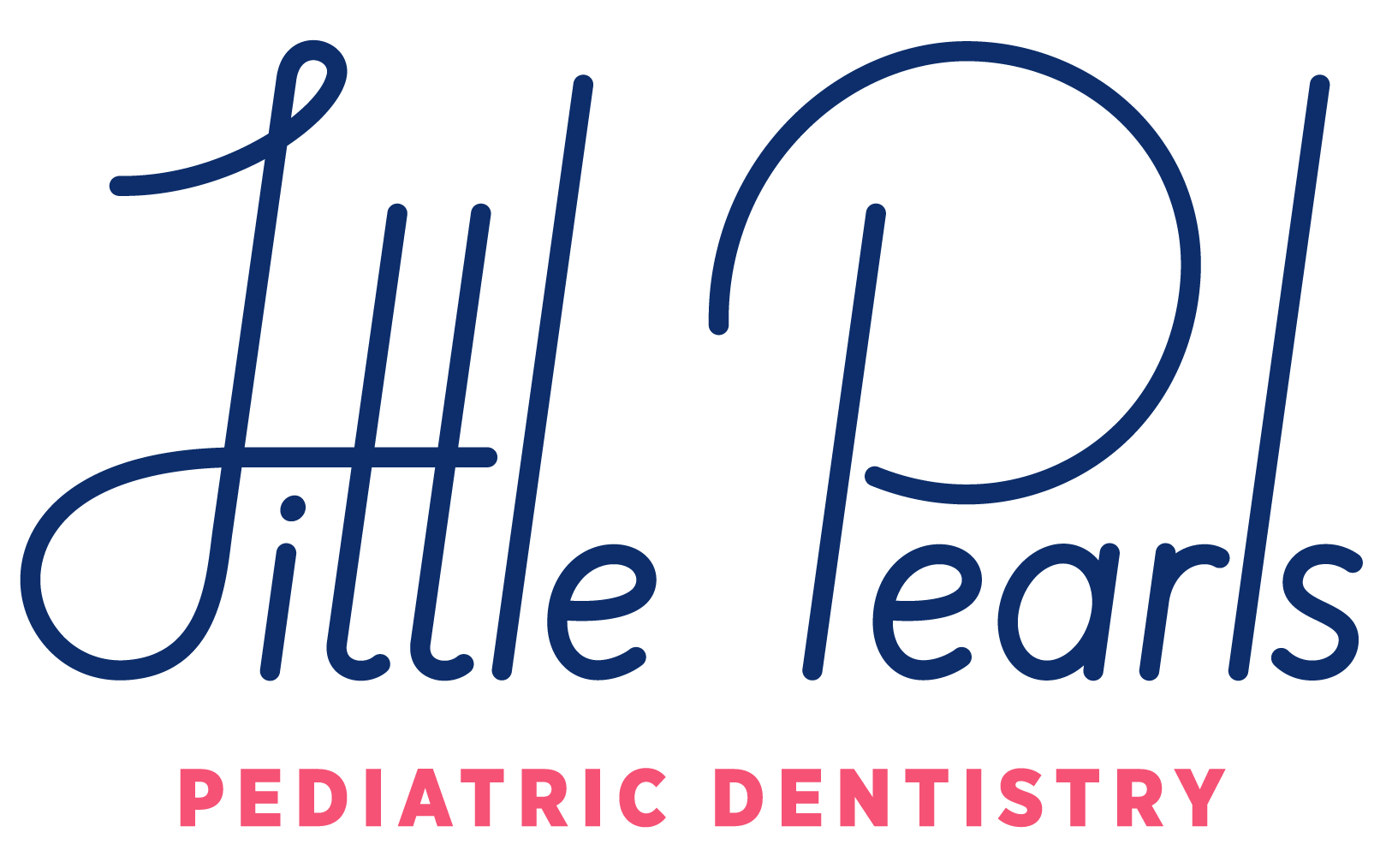General
-
What’s the difference between a general dentist and a pediatric dentist?
-
Pediatric dentists have 2-4 years of additional training. This training not only focuses on the emotional, and psychological development of children, but also includes intense clinical and pharmacologic training in the dental management of children.
-
Do I need a referral?
-
No, we are always happy to see new patients.
-
Why are baby teeth important?
-
They help your child to bite into food, to chew food to make it easier to swallow, in the development of speech, in maintaining the shape of the face, and in directing adult teeth where to grow.
-
When do baby teeth start to fall out?
-
The baby teeth start to fall out between 5-7 years of age, and they continue to do so till 12-13 years of age. The front teeth fall out first followed by the back teeth.





